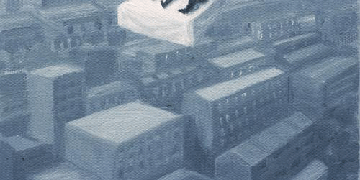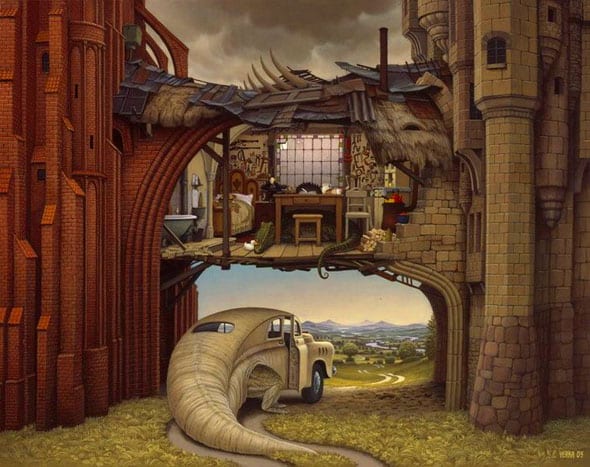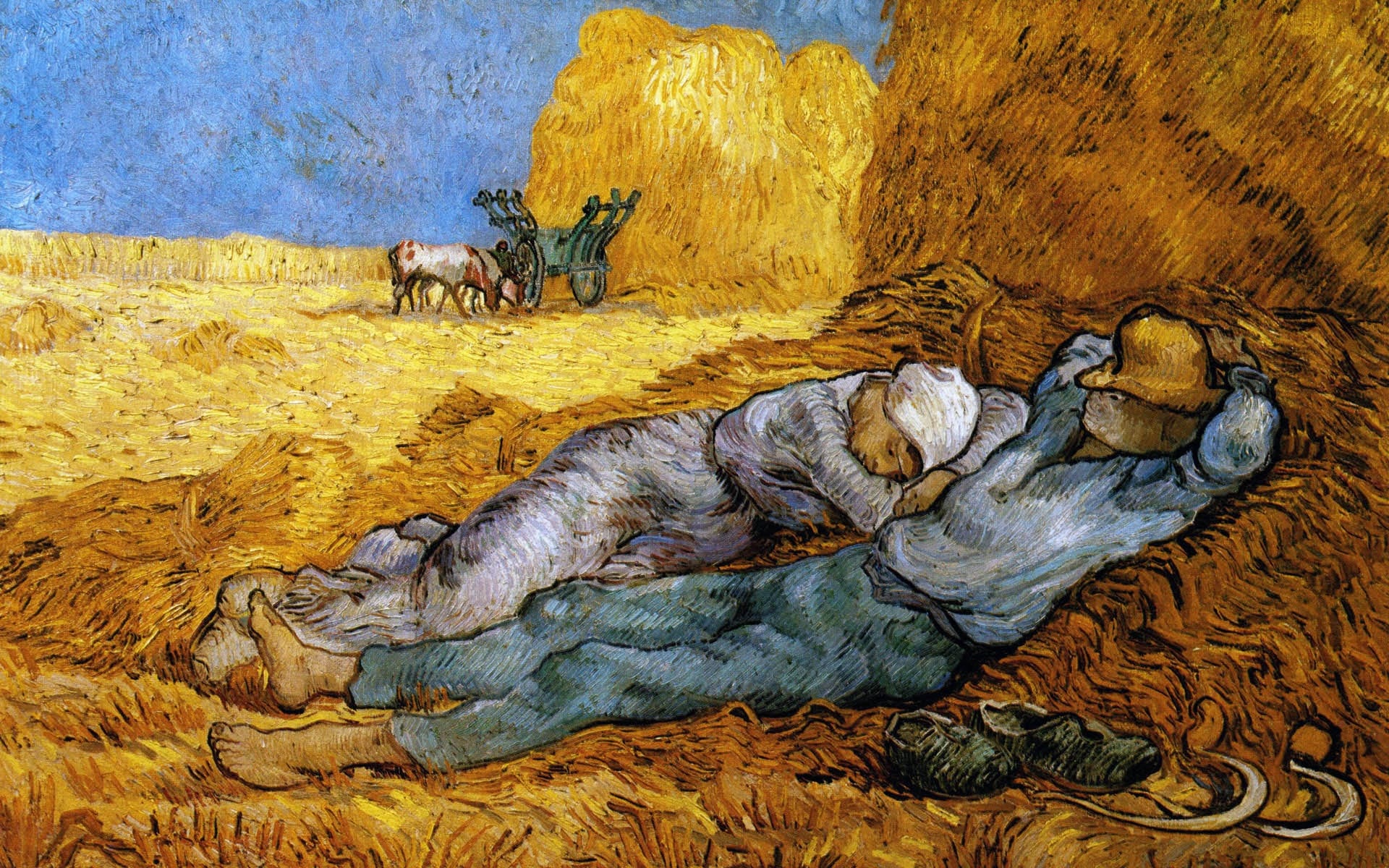The main benefit from observing the mind when sleeping is its isolation from external stimuli. Thus, we can be pretty sure that any mental activity is not in response to an external situation but it is a consequence of internal excitement. Sigmund Freud believed that the role of a dream is to prevent a person from waking up so the body can recover during sleep. Unconscious desires are satisfied in fantasies to lower the excitement which can lead to awakening. A good example are starving sailors trapped by ice on the North Pole. The captain noted in his log that many of them had dreams about feasting.
Psychoanalysis claims that biological drives search for a way to satisfy themselves. The role of dream interpretation is to discover this path. It uncovers not only patterns of gratification but also resolved and unresolved conflicts. E.g. someone who wants to go to Paris but can not afford to because of a necessary roof renovation, would dream that when fixing the roof, he finds a hidden box with money.
Moreover, some of our desires are not legit and we do not want to be aware of them e.g. sexual attractiveness of a friend’s wife. To satisfy the drive and not to cause excitement when violating the moral rule, the dream must find a deceptive solution in which the original desire is satisfied but we are not aware of it. From the example, one can dream about an unknown women who seems to be familiar but cannot be recognized. Thus, dreams are obscure and people usually claim that they do not make any sense.
This theory is elegant because it assumes that during the day, the mind works exactly the same as at night. The difference is that when awake, we get additional stimuli from the outside world and we can deal with them using real activities as well as fantasies. It only makes mental states more difficult to interpret.
Fortunately, we are capable to distinguish external stimuli from internal one. Psychotic people have problem with that. For them, some fantasies and reality are the same thus they interact with the world of delusions. But it does not mean that so called normal people does not confuse fantasies with reality at all. It can happen also with one who is intoxicated, in fever or affected by strong emotions.
I’d even go further claiming that we do not have a direct access to reality. We are seeing only shadows of it like in Plato’s cave. Thus there is no big difference between fantasy and sensation. The sensation would be just fantasy which we attribute as real. An outside stimuli is usually stronger that internal one. This gives us feeling that we can discriminate them. During the night everything is equally strong thus we take it for real.
I dream my painting and I paint my dream.
– Vincent van Gogh









